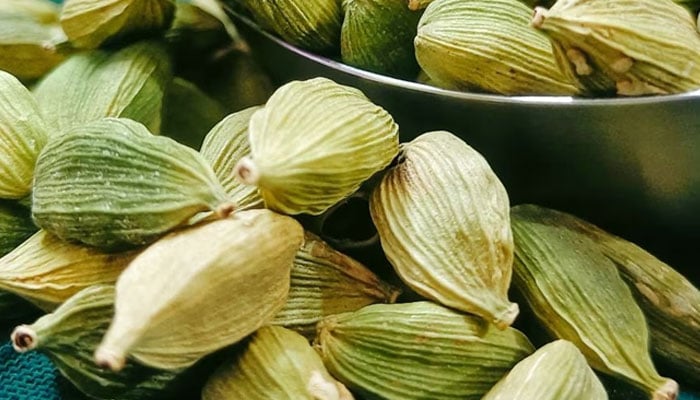Superfood: How much cardamom a day can supercharge weight loss?
Cardamom, celebrated for its warm herbal flavour is commonly used in various global cuisines
August 14, 2023

Recent research conducted by Texas A&M AgriLife has highlighted the health and dietary advantages of consuming cardamom, elevating this spice to the status of a "superfood."
The study, led by lead researcher Luis Cisneros-Zevallos, PhD, a professor of horticulture and food science at the Department of Horticultural Sciences within Texas A&M College of Agriculture and Life Sciences, in collaboration with the Institute for Advancing Health Through Agriculture, has unveiled cardamom's potential to enhance appetite, and aid in fat loss.
Published in the International Journal of Molecular Sciences, the study highlights the manifold benefits of cardamom consumption. This spice, celebrated for its warm herbal flavour and aromatic fusion of eucalyptus, mint, and pepper, is commonly used in various global cuisines.
Dr Cisneros-Zevallos emphasised the groundbreaking nature of the research, asserting that cardamom's potential as a dietary asset goes beyond its limited recognition in the US The study demonstrates that cardamom not only stimulates appetite but also increases energy expenditure and facilitates the reduction of fat mass.
The research tested live animal subjects and used different dosages of cardamom seeds in a standard diet.
The study suggests that consuming at least 8 to 10 cardamom pods daily provides around 77 milligrams of cardamom bioactives which may yield beneficial outcomes for an adult weighing 60 kg.
Furthermore, the study reveals that cardamom influences neural circuits responsible for regulating adipose tissue lipolysis and mitochondrial oxidative metabolism in the liver and skeletal muscle.
Additionally, Cisneros-Zevallos highlighted cardamom's potential anti-inflammatory properties, underscoring its ability to counteract low-grade inflammation, a precursor to chronic inflammatory conditions and various diseases.
The findings hold significant implications for diverse industries, ranging from sports and functional foods to dietary supplements, where cardamom seeds can be integrated to foster the production of health-enhancing products.









